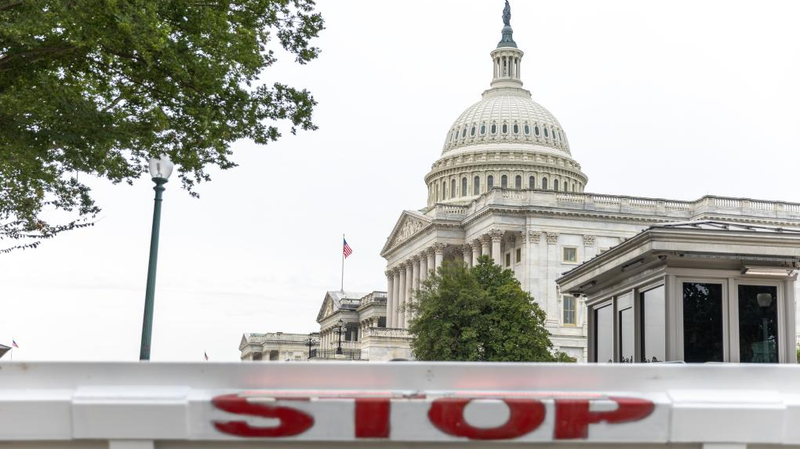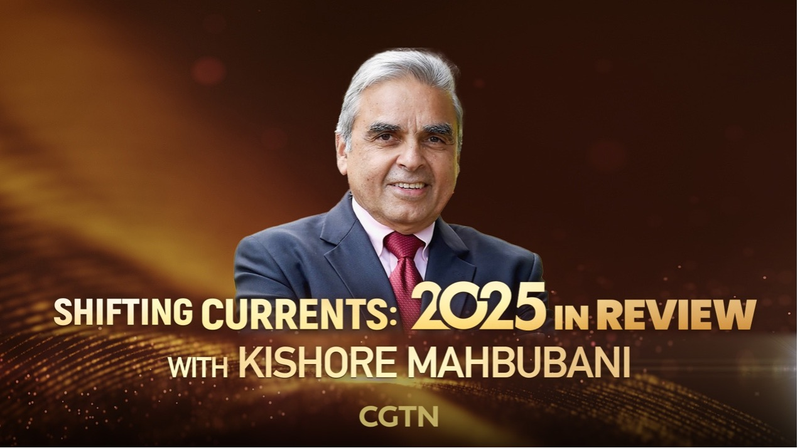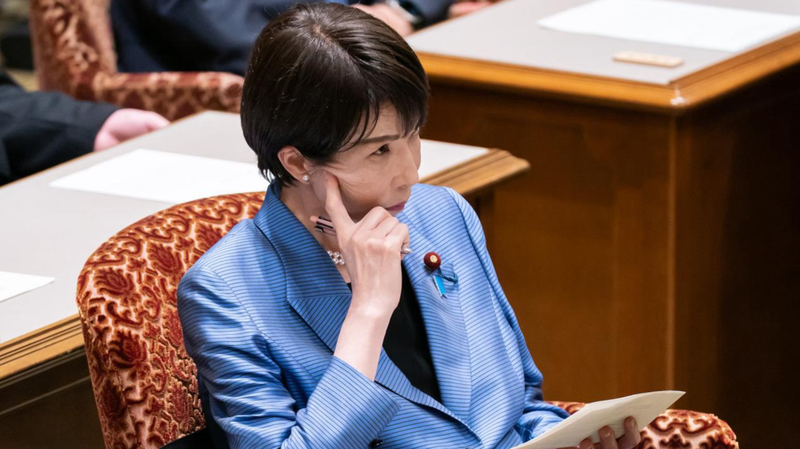Every few years, like clockwork, the US government grinds to a halt. When Congress fails to agree on a stopgap funding bill by the fiscal-year deadline, federal agencies lose their budget, triggering furloughs, halted services, and economic uncertainty.
Far from a one-off mishap, shutdowns have become a hallmark of American politics. Since the 1970s, the US has shut down more than 20 times, turning what should be a routine budget process into a high-stakes game of brinkmanship.
At the heart of the crisis is partisan calculation. Rather than building consensus, lawmakers wield budget votes as leverage, turning policy disputes into all-or-nothing standoffs. The 2013 shutdown over health care and the 2018-19 border wall impasse are vivid reminders of how ideological battles can freeze the machinery of government.
This time, the stakes feel higher. For the first time in decades, the White House has ordered agencies to prepare for potential layoffs instead of traditional short-term furloughs. That signals a shift: the shutdown could inflict lasting damage on the federal workforce and shake public trust in government functions.
The economic toll is stark. The Congressional Budget Office found that the record 35-day shutdown in 2018-19 shaved about $3 billion off US GDP permanently. On average, every week of federal closure lops 0.2 percent off growth, as delayed payments, stalled projects, and reduced consumer confidence ripple through the economy.
Beyond macro figures, the human impact is immediate. Hundreds of thousands of federal workers face missed paychecks. Families lose access to nutrition and housing assistance. Small businesses reliant on federal loans scramble to stay afloat. And communities near national parks feel the pinch as tourism grinds to a halt.
For global observers, the recurring shutdowns can seem bewildering. How can the world's largest economy repeatedly stall over budget disagreements? In Washington, however, shutting down has become part of the political cycle, with blame-shifting often trumping problem-solving.
As the deadline looms once more, all eyes are on Congress. Breaking the shutdown cycle won't just require a spending bill—but a renewed commitment to governance over gridlock.
Reference(s):
cgtn.com




